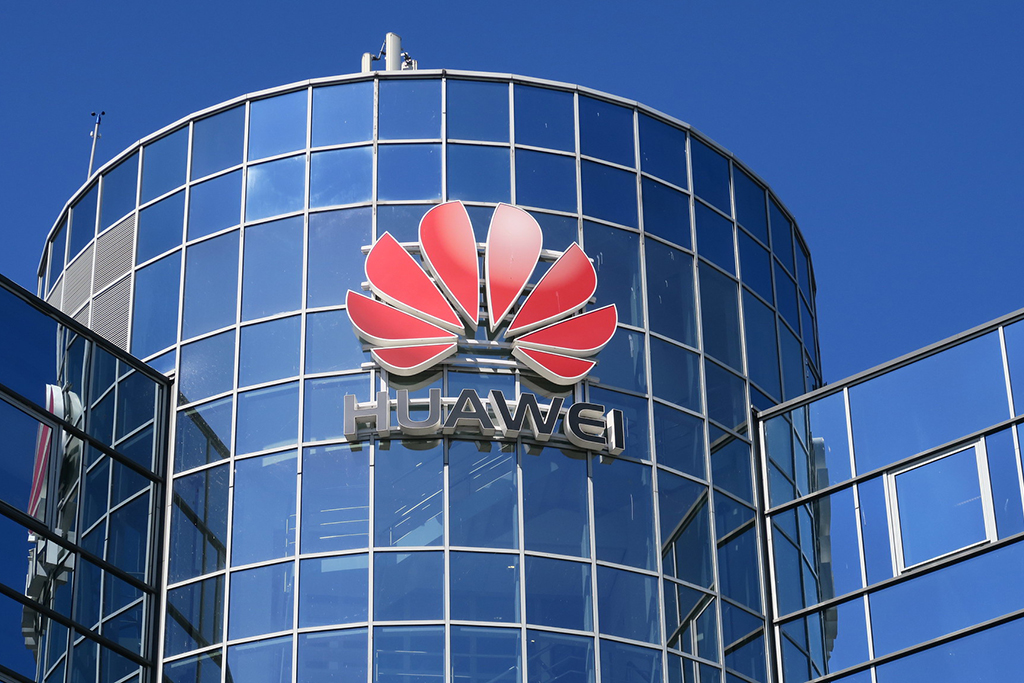Chinese tech giant Huawei is facing major heat of the ongoing trade war between the two economic giants – U.S. and China. After the U.S. President Donald Trump blacklisted Huawei, Google announced to cut ties and dump from its list of Android partners.
It means that the Huawei smartphones won’t be getting any further official updates from Android. Moreover, the step also bars the Chinese tech giant from hosting any Google Play mobile apps like Gmail and YouTube. On Sunday, May 19, an official Google spokesperson told Reuters:
“We are complying with the order and reviewing the implications. For users of our services, Google Play and the security protections from Google Play Protect will continue to function on existing Huawei devices.”
This decision coming from Google is likely to impact Huawei’s global business. “Huawei will only be able to use the public version of Android and will not be able to get access to proprietary apps and services from Google,” said a source familiar with the matter.
The extent to which decision can further impact Huawei’s global business remains uncertain. However, hardware partners like chip manufacturers have started to question Huawei’s ability to continue its smartphone business without support from the U.S.
Huawei Having A Back-Up Plan?
It looks like Huawei had already anticipated this eventuality beforehand. Earlier this year, Huawei’s consumer device chief told the German media that they are working on its proprietary mobile OS. A Huawei spokesperson told CNBC that the company is evaluating the possible impact of this decision on consumers. The spokesperson added:
“Huawei will continue to provide security updates and after sales services to all existing Huawei and Honor smartphone and tablet products covering those have been sold or still in stock globally. We will continue to build a safe and sustainable software ecosystem, in order to provide the best experience for all users globally.”
The only good thing is the Huawei smartphones use the company’s self-made HiSilicon Kirin chipsets.
On the other hand, Ren Zhengfei – the founder and CEO of Huawei Technologies said that these restrictions could bring 20% less profit in the coming year. “It is expected that Huawei’s growth may slow, but only slightly,” he added.
However, for Huawei to remain in business in competitive markets like Europe, it will have a tough time providing Android alternatives.
Huawei’s Rising Tension With the U.S. Government
Looking at the growing penetration of Huawei in the U.S. Market, the U.S. government has decided to go hard after the Chinese tech giant. With its aggressive plans to launch 5G services in the U.S. and taking on the local telecom giants there, Huawei has been kept waiting at the doors by the Trump administration.
Last week, the U.S Commerce Department blacklisted Huawei citing concerns of “national security” and “foreign policy interests”. Besides, America has also urged other nations to follow their hardline stand on Huawei. Among the “Five Eyes”, three countries have already banned Huawei from providing 5G services.
The “Five Eyes” is a group of five countries – the U.S. Australia, New Zealand, UK, and Canada. These countries have a common intelligence-sharing network among themselves. Besides the U.S., Australia and NZ have also banned Huawei from selling their 5G services citing security concerns. The UK is currently reviewing options on whether to allow or stop Huawei from doing business on its homeland.
Note that China has already banned American tech giants like Google, Facebook, and others from entering its market. As the trade war between the economic escalates further, things can take different shapes going ahead. Besides Google, other tech giants like Intel, Qualcomm, Xilinx, and Broadcom are likely to cut ties with Huawei.
Source: Crypto New Media







